HomeTravel InformationStress-free vocation
Stress-free !!!
Vacation – a way to relax?
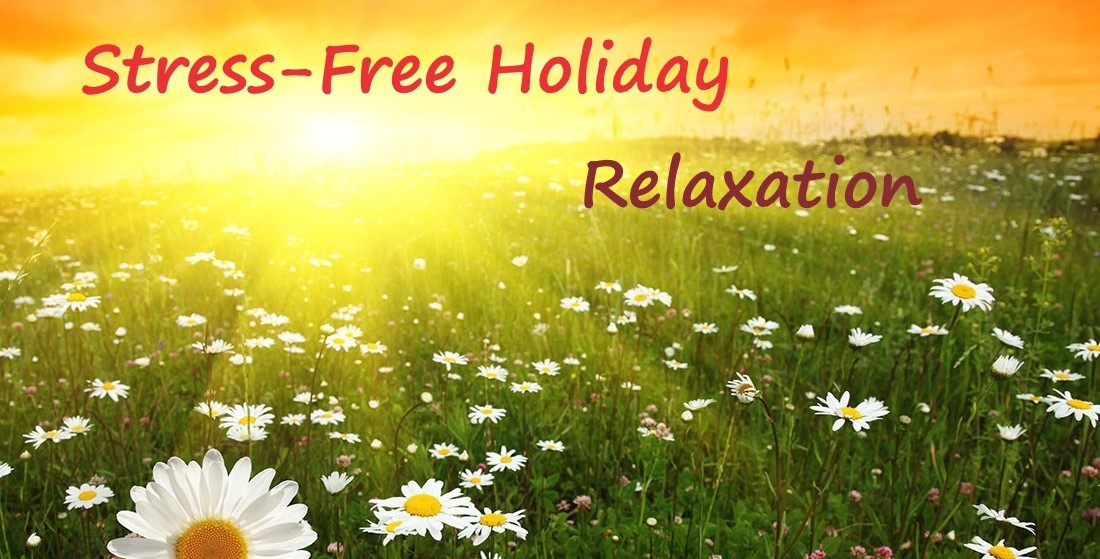
×![]()
Many people start the "best weeks of the year" full of anticipation, with the firm intention of finally relaxing and letting their soul unwind. After the vacation, the hope is that everything will fall into place -feeling refreshed, relaxed, and ready to face the challenges of everyday life.
more
But often, this idea remains wishful thinking. In fact, many people fail to find the relaxation they long for during their vacation. Studies show that about half of vacationers do not achieve the level of relaxation they expect. Three-quarters even feel down or depressed during their time off, and one in five experiences their vacation as exhausting. What is particularly alarming: around one in three divorces is filed after spending time together on vacation.
Vacations are no longer guaranteed to be relaxing oases. Too high expectations, stress during planning, overcrowded destinations, or interpersonal conflicts can strain what should be a relaxing time. Therefore, anyone seeking true relaxation should plan consciously, have realistic expectations, and also allow themselves enough space during their vacation. less
But often, this idea remains wishful thinking. In fact, many people fail to find the relaxation they long for during their vacation. Studies show that about half of vacationers do not achieve the level of relaxation they expect. Three-quarters even feel down or depressed during their time off, and one in five experiences their vacation as exhausting. What is particularly alarming: around one in three divorces is filed after spending time together on vacation.
Vacations are no longer guaranteed to be relaxing oases. Too high expectations, stress during planning, overcrowded destinations, or interpersonal conflicts can strain what should be a relaxing time. Therefore, anyone seeking true relaxation should plan consciously, have realistic expectations, and also allow themselves enough space during their vacation. less
The 8 steps to R-E-L-A-X-A-T-I-O-N
1. Relaxation takes time
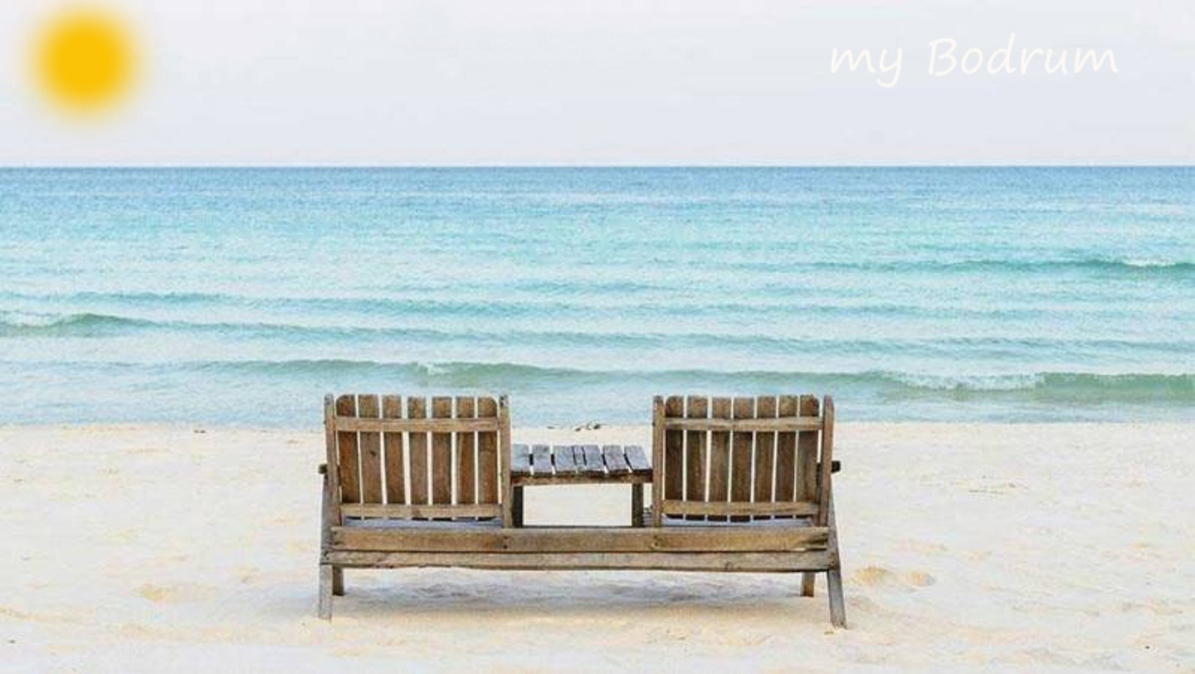
×![]()
Relaxation doesn't happen at the push of a button. For the body, it can even be stressful to go directly from the highest level of stress into a vacation flight and instantly relax on the beach. This abrupt shift—from full pressure to complete relaxation—is similar to suddenly stalling an engine that is running at full speed.
more
To ensure a smooth transition into the relaxation phase, it is advisable to consciously wind down two to three days before departure. This adjustment period helps to leave behind work stress, mentally detach from daily life, and build excitement for the vacation. By allowing this buffer time, one can begin the vacation more relaxed and avoid irritability, restlessness, or impatience.
Health studies show that the risk of heart attacks increases shortly after the start of a vacation, and some people even suffer from what's called "deck chair depression." To prevent this, one should not immediately dive into a packed schedule at the destination but instead take the first few days easy. A gentle start to the vacation ensures true relaxation—and allows the best time of the year to truly become a time for unwinding. less
To ensure a smooth transition into the relaxation phase, it is advisable to consciously wind down two to three days before departure. This adjustment period helps to leave behind work stress, mentally detach from daily life, and build excitement for the vacation. By allowing this buffer time, one can begin the vacation more relaxed and avoid irritability, restlessness, or impatience.
Health studies show that the risk of heart attacks increases shortly after the start of a vacation, and some people even suffer from what's called "deck chair depression." To prevent this, one should not immediately dive into a packed schedule at the destination but instead take the first few days easy. A gentle start to the vacation ensures true relaxation—and allows the best time of the year to truly become a time for unwinding. less
2. Keep expectations realistic
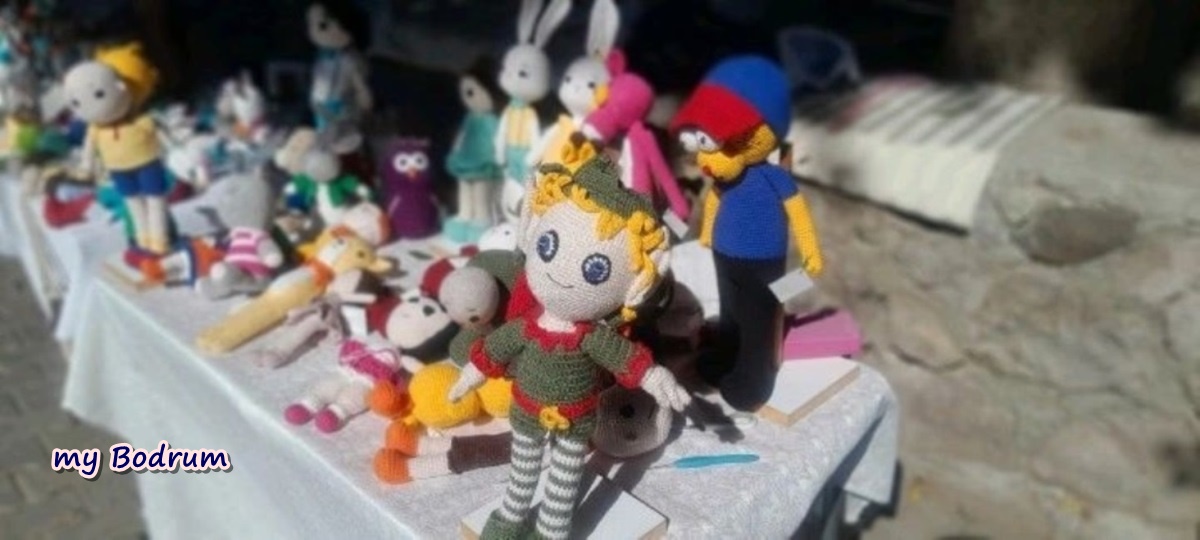
×![]()
Many people associate vacations with the desire to catch up on everything that was lacking in their hectic daily life: finally reading a book in peace, spending more time with their partner and family, enjoying cultural experiences, or getting physically active. However, those who try to pack all these plans into their vacation put themselves under pressure—and risk achieving the opposite of relaxation.
more
To avoid vacation stress, it is important not to overburden oneself. Instead of trying to make up for everything at once, one should intentionally choose a few things that truly bring joy. It is also important to realize that not every expectation for the shared vacation can be fulfilled. Anyone who assumes that the relationship will suddenly be perfect, that all interests will align, or that daily life can be directly translated into vacation mode may be disappointed. High expectations can turn the hoped-for relaxation into a series of frustrations.
To ensure that the vacation doesn’t become everyday life under more challenging conditions, it is essential to discuss expectations early on. It helps to plan space for individual interests and not cling to the idea of a perfect vacation. Small setbacks—whether it’s traffic, bad weather, or unfriendly staff—are part of the experience and can be accepted more calmly with the right mindset. True relaxation doesn’t come from perfection, but from a relaxed, realistic attitude. less
To avoid vacation stress, it is important not to overburden oneself. Instead of trying to make up for everything at once, one should intentionally choose a few things that truly bring joy. It is also important to realize that not every expectation for the shared vacation can be fulfilled. Anyone who assumes that the relationship will suddenly be perfect, that all interests will align, or that daily life can be directly translated into vacation mode may be disappointed. High expectations can turn the hoped-for relaxation into a series of frustrations.
To ensure that the vacation doesn’t become everyday life under more challenging conditions, it is essential to discuss expectations early on. It helps to plan space for individual interests and not cling to the idea of a perfect vacation. Small setbacks—whether it’s traffic, bad weather, or unfriendly staff—are part of the experience and can be accepted more calmly with the right mindset. True relaxation doesn’t come from perfection, but from a relaxed, realistic attitude. less
3. Vacation without pressure – Relaxed instead of scheduled.
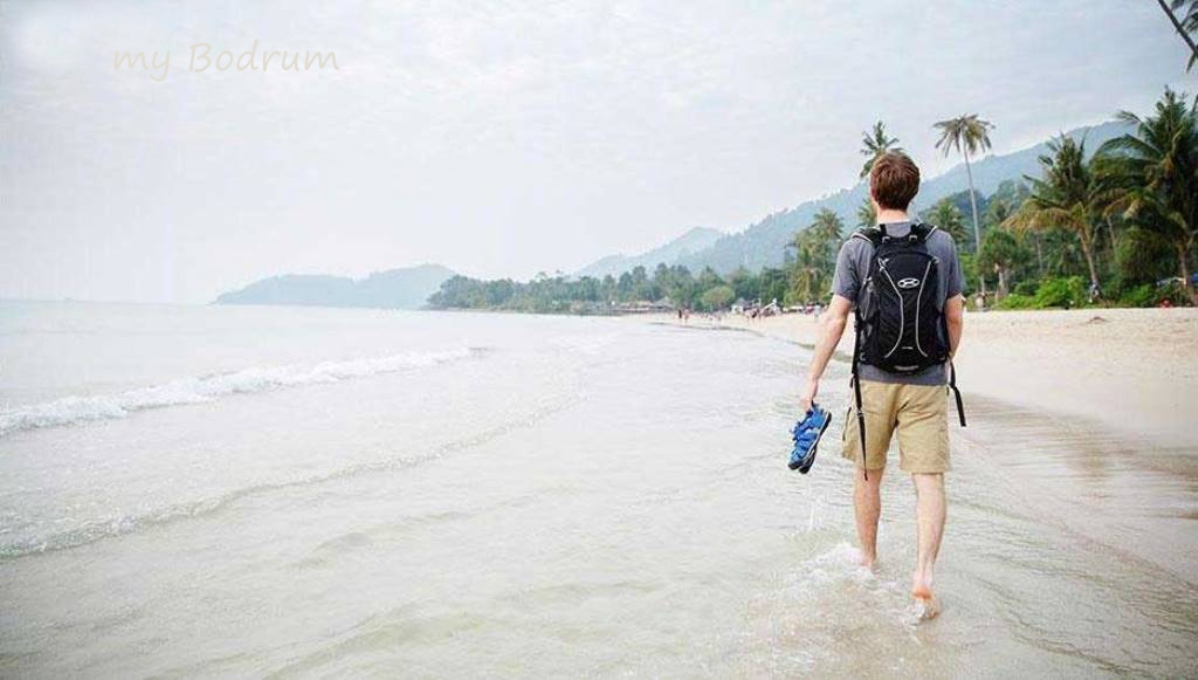
×![]()
To keep the vacation free from hustle and stress, it is crucial to consciously let go of the performance-oriented mindset common in everyday work life. A vacation does not need to be planned down to the minute, and a tight schedule rarely contributes to relaxation. Instead, it’s about leaving behind the daily routine and enjoying the moment.
more
A stress-free vacation also means not taking on too much. Instead of overloading the day with a multitude of activities, one should focus on a few, deliberately experienced moments. This leaves enough space to truly relax and immerse in recovery. By dedicating time to selected activities, one can enjoy them more intensely—without the feeling of having to push oneself.
Attempting to make up for missed workouts during the vacation and suddenly overexerting oneself can diminish the relaxation value. An excessive exercise schedule can overwhelm the body, weaken the immune system, and even increase the risk of illnesses such as colds or stomach infections. Instead, physical activity should be integrated into the vacation without pressure or force—because true relaxation comes from a healthy balance between activity and relaxation. less
A stress-free vacation also means not taking on too much. Instead of overloading the day with a multitude of activities, one should focus on a few, deliberately experienced moments. This leaves enough space to truly relax and immerse in recovery. By dedicating time to selected activities, one can enjoy them more intensely—without the feeling of having to push oneself.
Attempting to make up for missed workouts during the vacation and suddenly overexerting oneself can diminish the relaxation value. An excessive exercise schedule can overwhelm the body, weaken the immune system, and even increase the risk of illnesses such as colds or stomach infections. Instead, physical activity should be integrated into the vacation without pressure or force—because true relaxation comes from a healthy balance between activity and relaxation. less
4. Enjoy doing nothing without a guilty conscience

×![]()
Especially on vacation, many people unconsciously put themselves under pressure: they want to make the most of every day, not a minute to be lost. But this very expectation often prevents them from achieving what a vacation is supposed to bring: inner peace and true relaxation.. However, this hectic activity often prevents exactly what the vacation is supposed to provide—inner peace and self-reflection.
more
True relaxation means consciously giving yourself permission to do nothing – and doing so with a clear conscience. Idleness is by no means, as the saying goes, "the beginning of all vice," but rather the key to experiencing doing nothing as valuable and enjoyable time. What often seems impossible in everyday life should become a principle during vacation: purposefully doing nothing and feeling completely comfortable while doing so. Because it is precisely in these moments that true relaxation arises. less
True relaxation means consciously giving yourself permission to do nothing – and doing so with a clear conscience. Idleness is by no means, as the saying goes, "the beginning of all vice," but rather the key to experiencing doing nothing as valuable and enjoyable time. What often seems impossible in everyday life should become a principle during vacation: purposefully doing nothing and feeling completely comfortable while doing so. Because it is precisely in these moments that true relaxation arises. less
5. Longer vacation periods are more effective.
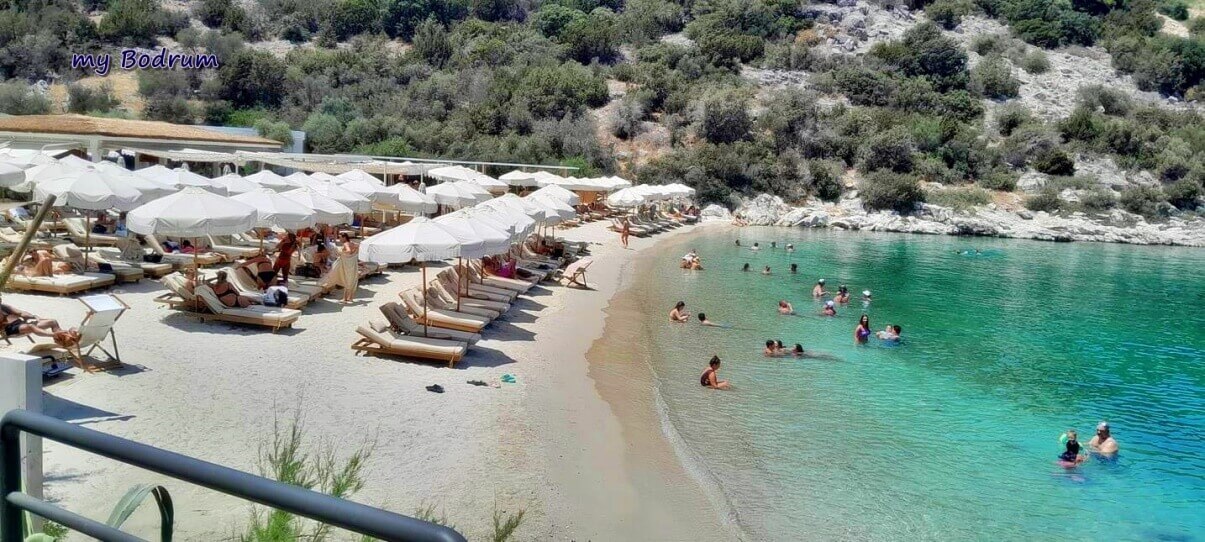
×![]()
Hectic busyness and the pressure to "make something" of the vacation, not to waste a precious day, often prevent many people from finding the necessary space for inner peace and self-reflection.
more
Vacation means, with a clear conscience, doing nothing for once. Idleness is not, as the saying goes, the "beginning of all vice." Idleness is, in fact, the prerequisite for experiencing and enjoying doing nothing as time well spent. What seems impossible in everyday life should become a principle during vacation: purposefully doing nothing and feeling comfortable while doing so. less
Vacation means, with a clear conscience, doing nothing for once. Idleness is not, as the saying goes, the "beginning of all vice." Idleness is, in fact, the prerequisite for experiencing and enjoying doing nothing as time well spent. What seems impossible in everyday life should become a principle during vacation: purposefully doing nothing and feeling comfortable while doing so. less
6. End the vacation on a relaxing note.
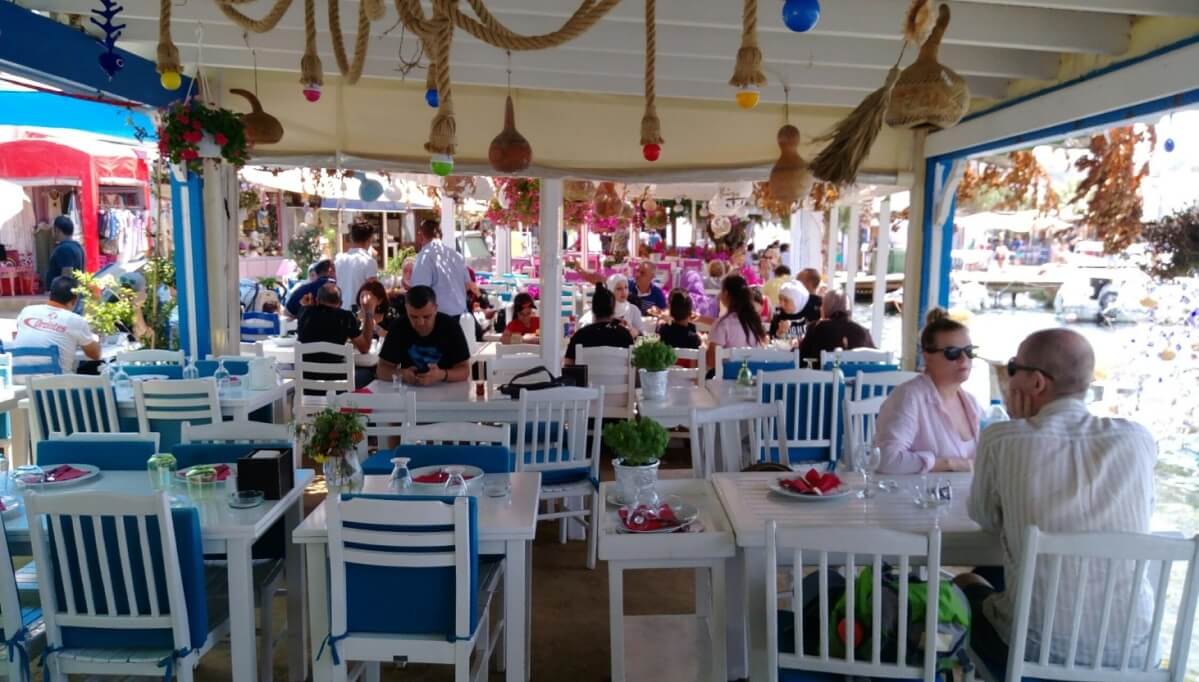
×![]()
No matter where you go, you should always save a special highlight for the end of the vacation, as this is what you'll most likely remember when looking back later.
A stress-free vacation means not pushing the precious time off until the last minute and avoiding rushing the preparations for departure. A relaxed vacation doesn’t end with frantic packing or the feeling that something was missed. more
A relaxing trip involves taking the time to wind down the vacation in a leisurely way—whether it's with a relaxed dinner, enjoying the last moments of relaxation together, or a quiet stroll through the town to mentally say goodbye to the place and its people. These small farewell rituals help to end the vacation on a positive note and return to daily life with a deep sense of satisfaction. less
A stress-free vacation means not pushing the precious time off until the last minute and avoiding rushing the preparations for departure. A relaxed vacation doesn’t end with frantic packing or the feeling that something was missed. more
A relaxing trip involves taking the time to wind down the vacation in a leisurely way—whether it's with a relaxed dinner, enjoying the last moments of relaxation together, or a quiet stroll through the town to mentally say goodbye to the place and its people. These small farewell rituals help to end the vacation on a positive note and return to daily life with a deep sense of satisfaction. less
7. Don't jump straight into the work routine.
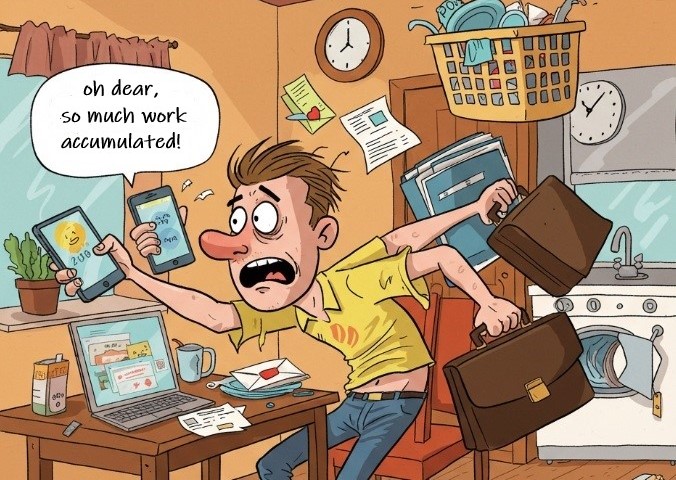
×![]()
We’ve all experienced that after a vacation, daily life calls, and in no time, all the relaxation is gone.
To maintain the relaxation from vacation longer, it’s important to plan one to two days before returning to work. more
This break between vacation and work helps to consciously settle back at home and allows both body and mind to gradually adjust to work. If possible, on the first day back at work, it’s better not to start with the most stressful tasks, but rather begin with more pleasant ones and ease into the workday slowly. less
To maintain the relaxation from vacation longer, it’s important to plan one to two days before returning to work. more
This break between vacation and work helps to consciously settle back at home and allows both body and mind to gradually adjust to work. If possible, on the first day back at work, it’s better not to start with the most stressful tasks, but rather begin with more pleasant ones and ease into the workday slowly. less
8. Continue vacation habits.
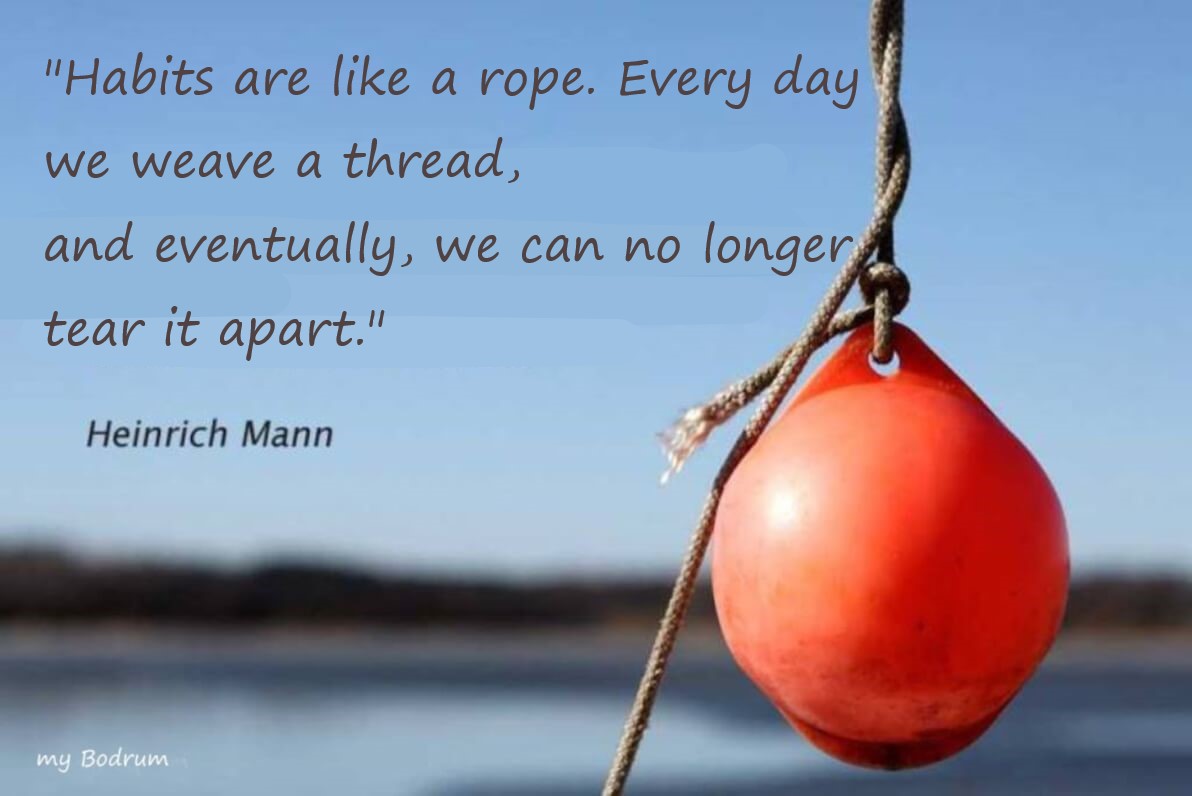
×![]()
A first step for more relaxation in daily life is to continue those activities at home that provided a positive feeling during the vacation. For example, if you kept up with exercise during the vacation, continuing it at home after work helps to counteract work stress through physical activity and replenish your relaxation reserves.
more
Similarly, other cherished vacation habits, such as leisurely walks or hikes, extended meal times, or cultural activities, can be integrated into daily life at home to avoid falling back into the routine. In the second step, one should not wistfully look back at the wonderful vacation, but rather make the "balance between tension and relaxation" the motto of everyday life. Those who pay attention to a balanced relationship between work and relaxation, tension and ease, integrate vacation into their daily routine. less
Similarly, other cherished vacation habits, such as leisurely walks or hikes, extended meal times, or cultural activities, can be integrated into daily life at home to avoid falling back into the routine. In the second step, one should not wistfully look back at the wonderful vacation, but rather make the "balance between tension and relaxation" the motto of everyday life. Those who pay attention to a balanced relationship between work and relaxation, tension and ease, integrate vacation into their daily routine. less
A restful vacation is not a given.
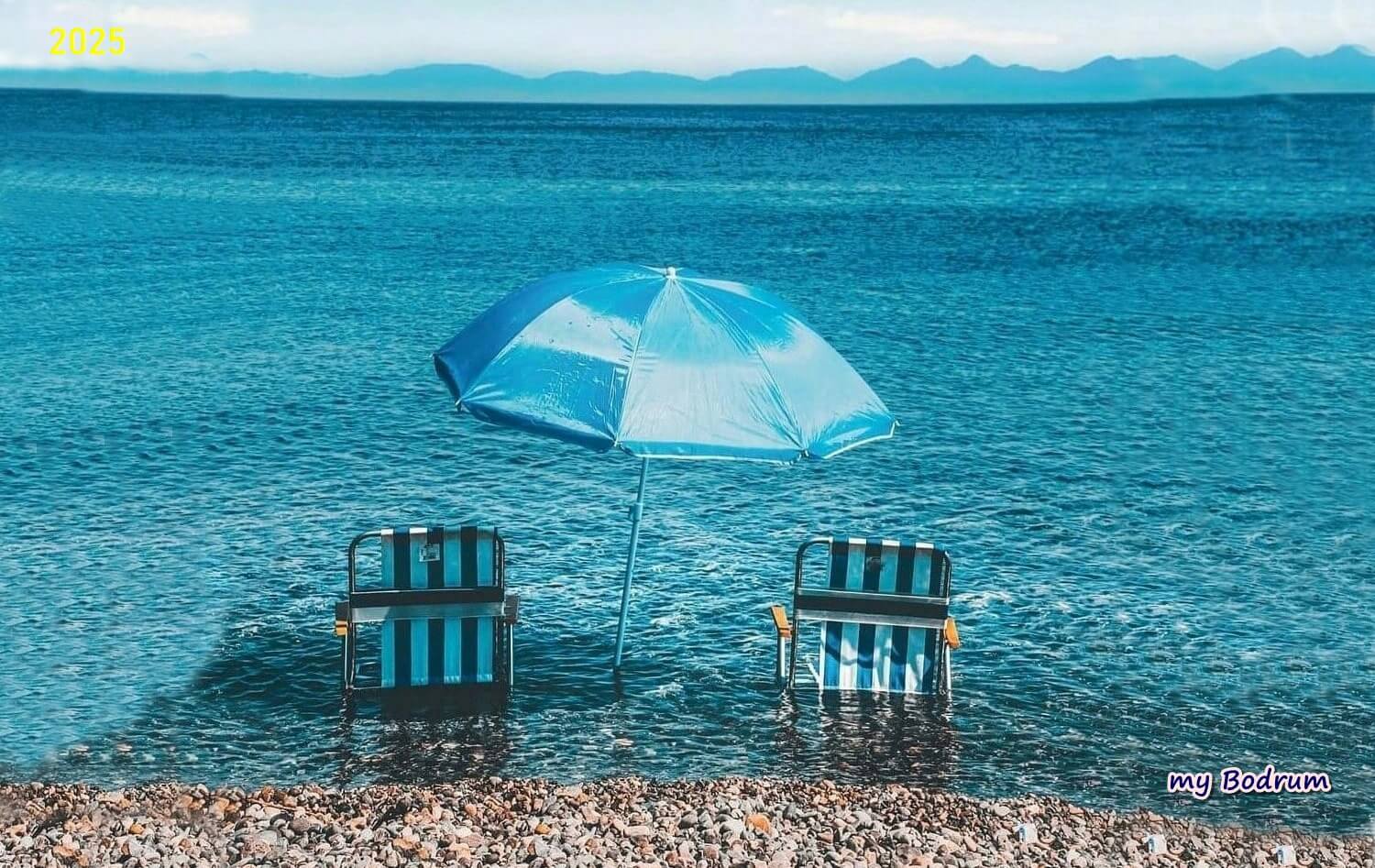
×![]()
For the vacation to avoid becoming a stress trap, careful preparation is necessary. Hecticness and stress during the vacation don't have to occur if the ability to truly relax is developed.
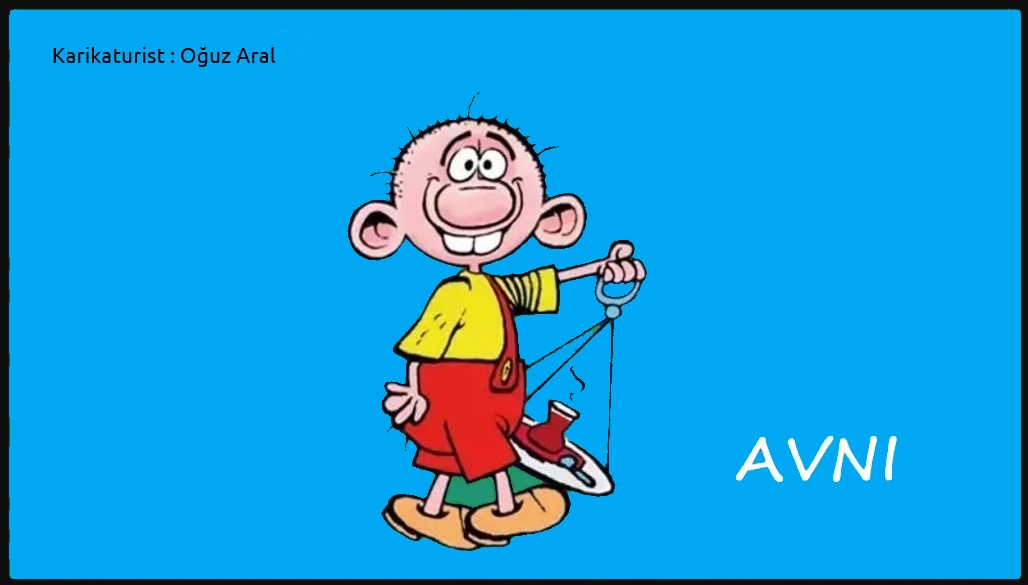
×![]()
Turkish comic character "Avni"
Summer is undoubtedly the most popular travel season of the year. The warm temperatures, long days, and the need for a break from daily life make summer the perfect season for traveling. Many people take the opportunity to explore new places, relax on the beach.
more
It’s the time when daily stress takes a backseat, and we can focus on simply enjoying life. The summer holiday offers space for adventure, relaxation, and the creation of unforgettable memories. The choice of destination is often as diverse as one’s desires – whether it’s a trip to the sea, the mountains, or historic cities. However, regardless of the destination, the main goal of a summer vacation is to clear the mind, escape the hectic routine, and let the soul unwind.
For many, the summer vacation is also a time of connection – with family, friends, or a partner. Shared experiences and relaxed togetherness create memories that remain significant long after the holiday. The summer season as a time for travel is more than just a simple vacation – it’s an invitation to discover the world while recharging one’s batteries. less
more
It’s the time when daily stress takes a backseat, and we can focus on simply enjoying life. The summer holiday offers space for adventure, relaxation, and the creation of unforgettable memories. The choice of destination is often as diverse as one’s desires – whether it’s a trip to the sea, the mountains, or historic cities. However, regardless of the destination, the main goal of a summer vacation is to clear the mind, escape the hectic routine, and let the soul unwind.
For many, the summer vacation is also a time of connection – with family, friends, or a partner. Shared experiences and relaxed togetherness create memories that remain significant long after the holiday. The summer season as a time for travel is more than just a simple vacation – it’s an invitation to discover the world while recharging one’s batteries. less
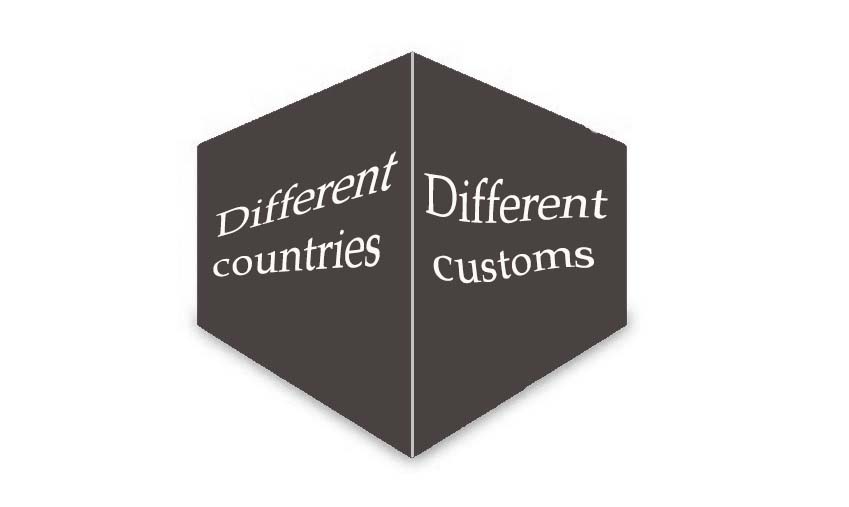
×![]()
Different countries, different customs
To ensure a relaxing time together, it is important that vacationers, despite their different mentalities, adhere to general rules of courtesy. The top priority is consideration for others present.This is especially important when the trip takes vacationers to other countries. Each culture has its own traditions and customs. Although most tourist destinations are generally tolerant towards tourists, it is still advisable not to exceed their written and unwritten laws.
To avoid embarrassing situations and inconveniences, it is a good idea to familiarize oneself with the customs of the country in advance.

×![]()
Health and Serenity
During the trip and at the destination, travelers should react as calmly as possible to unpleasant situations and overlook the occasional mistake. However, larger travel issues should not be tolerated. In such cases, it is important to quickly get in touch with the tour operator.Travelers are especially welcomed with hospitality in Turkey. The Turkish people try first to communicate in English, then in German. After all, no one should assume that the whole world speaks English. Furthermore, those who are fluent in languages find it easier to make contact with the locals.
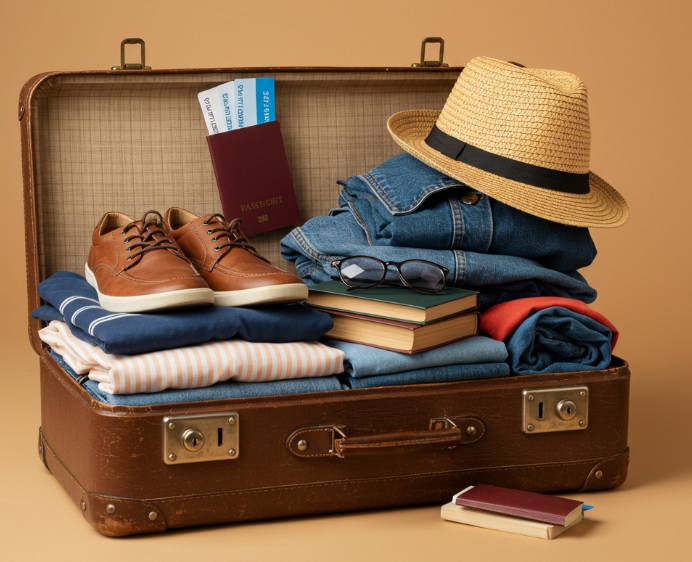
×![]()